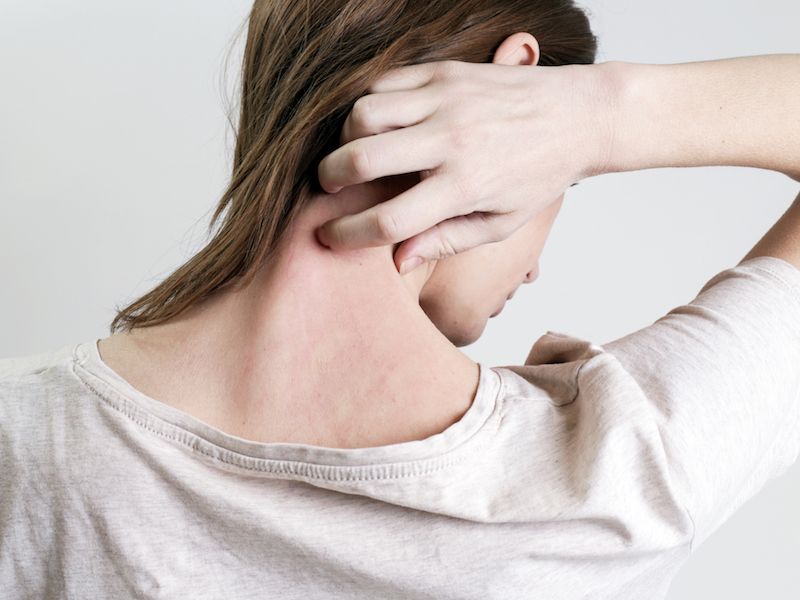
The word psoriasis commonly recalls recollections of people with skin problems like the people on all those advertisements. Psoriasis impacts your general health and not just your skin. Psoriasis is often misunderstood and minimized, due to a lack of knowledge of how psoriasis impacts sufferers as well as the serious conditions that can be related to this disorder. Even though plaques on the skin are its most apparent sign, they’re indicative of what psoriasis can cause throughout the body: Continuous inflammation that can increase the risk of metabolic problems and cardiovascular disease.
New research reinforces the body of research linking another serious problem to psoriasis: Hearing loss. Published in The Journal of Rheumatology, this study considered connections between psoriatic arthritis, mental health, and hearing impairment. Psoriatic arthritis is a type of psoriasis where inflammation is centered around the joints, causing inflammation, difficulty with movement, and soreness. Sufferers might also suffer from psoriasis, but with psoriatic arthritis, it’s conceivable to have swelling without also having the common plaques.
Like rheumatoid arthritis (and like psoriasis), psoriatic arthritis is an autoimmune disease, the sufferer’s body is basically attacking its own healthy cells. But as opposed to rheumatoid arthritis, you could have psoriatic arthritis on only one knee because it’s asymmetrical, and it doesn’t only affect joints but contributes to painfully swollen fingers and toes while it targets sufferer’s nails and eyes.
Based on the findings of this recent study, hearing could also be impacted by psoriatic arthritis. A significant control group of individuals with neither psoriasis or psoriatic arthritis were contrasted against people who had one or the other problem. They discovered that hearing loss was more likely to be documented by the group that suffered from psoriasis, and those reports were backed by audiometric testing. Even when other risk factors are taken into consideration, psoriatic arthritis sufferers were significantly more likely to have hearing loss than either {the control group or psoriasis sufferers}.
But there is an evident link between psoriasis, psoriatic arthritis and hearing loss. A 2015 study discovered that people who have been diagnosed with psoriasis are at a substantially higher risk of developing sudden sensorineural loss of hearing, also known as sudden deafness. The capacity to hear diminishes substantially over three days or less with sudden sensoroneural hearing loss. There are various likely causes for this, but scientists theorize that people with psoriasis are at higher risk as a result of the type of rapid inflammation that takes place during a flare-up of psoriasis symptoms. The hearing may be impaired if this takes place around or in the cochlea. This kind of hearing loss, in some cases, can be helped by treatments that alleviate psoriasis., but hearing aids are often recommended when other treatments don’t appear to be working.
It’s worthwhile to monitor your hearing if you have psoriasis or psoriatic arthritis. Schedule regular hearing tests along with your annual health-care checkups. Disease caused by inflammation can lead to injury of the inner ear, which can result in loss of hearing as well as problems with balance. psoriatic arthritis and psoriasis are both also linked to depression and anxiety, both of which can be additionally aggravated by hearing loss. Other health concerns, such as dementia, can be the result if you don’t detect loss of hearing early.
With early intervention, you can stay in front of the symptoms by having your hearing tested regularly and cooperating with your doctor, knowledge is essential. You shouldn’t have to sacrifice your quality of life for psoriasis or for loss of hearing, and all the difference is having the proper team by your side.
